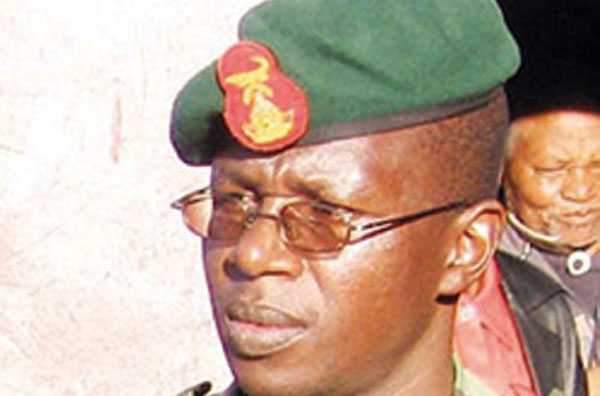Can SADC save Lesotho from becoming a failed state?
The political history of Lesotho is punctuated by violent power struggles, military coups and counter-coups, assassinations and arrested development.
The enclave country has been suffering severe political epilepsy going back to Leabua Jonathan’s seizure of power and abrogation of constitutional rule in 1970. Since then, Lesotho has been the ‘sick-man’ of SADC, often plunging the region into panic mode. Had it not been for previous prompt intervention by SADC, the Kingdom could have long been counted amongst Africa’s failed states.
Despite various regional initiatives and interventions to save Lesotho from political and economic abyss, peace and stability has continued to be a rarity. Lesotho’s situation is of course puzzling because except for politicised military, it does not have pronounced common catalysts of civil disorder in Africa, which often are mineral resource and tribal conflicts.
Effectively, Basotho are one people with limited natural resources save for water. Yet even the dearth of explanations that have been offered by scholars and political scientists, it has proved insufficient to hold a clue into the Kingdom’s crises. As we speak, the Kingdom is once again teetering on the brink of collapsing into a failed state.
The task so far facing President Khama as SADC Chair and President Nyusi as the Chairperson of the Organ is once again to try and give political resuscitation to the Kingdom. This would be a major victory, not only for the two Presidents, but also for the region as a whole. But so far, the attitude displayed by Lesotho’s political leadership is reducing the whole exercise into a practical joke.
Although the political instability in Lesotho is proving to be having multiple causes and intensifiers, the feebleness of state institutions seems to be a leading factor. As a country suffering from a history of repressive military rule, Lesotho’s political leadership has over the years failed to assert effective oversight and authority over its military.
At the heart of the ongoing political crisis is interference of Lesotho Defence Force (LDF) in political matters. The army is effectively a quasi-political institution that even has known political alignment. The assassination of General Maaparankoe Mahao is a further testimony that LDF is a law unto itself. It directs both military and political affairs in Lesotho and has effectively rendered the political leadership their mere cheerleaders.
Civil-military relations in the Kingdom are so terrible that it would be an exaggeration to say that LDF has become a political burden to the Kingdom. This unprofessional behaviour of the LDF cannot be allowed to continue if SADC wants to restore political order in Lesotho. Without urgent doctrinal and organisational reforms to the LDF, peace and security would continue to be but a fleeting illusion to the Kingdom.
Therefore, SADC needs to pressure Lesotho’s political leadership to effect those defence and security reforms as recommended by SADC facilitator, Mr. Ramaphosa. But so far this week at the Double Troika, SADC has proven its mojo. The threat of suspending Lesotho from the regional bloc has paid dividends.
At least they have made a U-turn on their hard-line stance on the Phumaphi Commission that was looking into the merciless killing of General Mahao. Initially, Lesotho’s Prime Minister Pakalitha Mosisili had refused to receive the report claiming Lieutenant Colonel Tefo Hashatsima, the head of the LDF Special Forces unit, was suing the Commission criminally in the Lesotho High Court because he alleges it showed bias against him when he appeared before it.
Just imagine, a Lieutenant Colonel was threatening to throw the whole region into crisis, this cannot be acceptable. If SADC wants to save Lesotho from plunging into a failed state, it would have to flex its muscle and push the Kingdom into ‘our way’ or ‘no way’ option.





